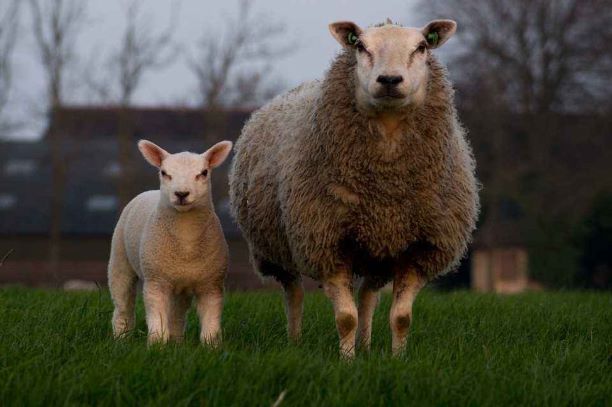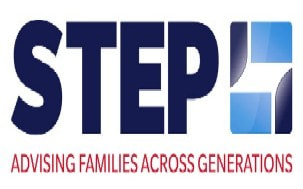Looking after the next generation.
CAPITAL ACQUISITIONS TAX (CAT) (applies to both gifts and inheritances)
1. Rates and Thresholds and dates for payment
Capital Acquisitions Tax will be charged a rate of 33% on the taxable value of the gift/inheritance. The taxable value is based on the market value of the assets transferred.
The person who receives the property (also called "the transferee" or, sometimes, "the beneficiary", "the successor" or "the disponee") is entitled to receive a certain value known as the “tax free threshold” free from CAT. The threshold is based on the transferee’s relationship to the person who gives away the property or leaves it in their will (known as "the transferor" or "the disponer").
The current thresholds (post 12 October 2018) are set out here.
Capital Acquisitions Tax will be charged a rate of 33% on the taxable value of the gift/inheritance. The taxable value is based on the market value of the assets transferred.
The person who receives the property (also called "the transferee" or, sometimes, "the beneficiary", "the successor" or "the disponee") is entitled to receive a certain value known as the “tax free threshold” free from CAT. The threshold is based on the transferee’s relationship to the person who gives away the property or leaves it in their will (known as "the transferor" or "the disponer").
The current thresholds (post 12 October 2018) are set out here.






